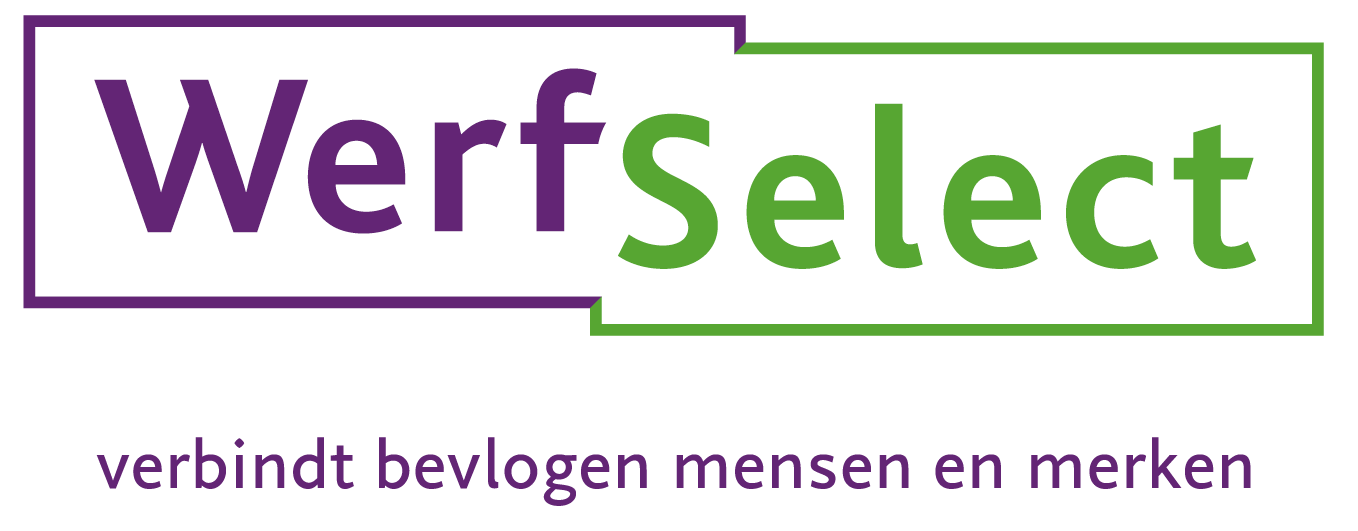What is the DBA Act and why was it introduced?
The Deregulation of Employment Relationship Assessment Act (DBA) was created to combat false self-employment. Sham self-employment occurs when a zzp’er or freelancer works under circumstances that actually indicate employment, without paying the corresponding tax and social contributions. With the DBA Act, we want to place the responsibility for the employment relationship on both the client and the contractor.
To this end, the DBA Act replaces the previously used Declaration of Employment Relationship (VAR). The VAR gave the self-employed certainty about their tax position, but was insufficient to effectively tackle false self-employment. With the introduction of the DBA Act, clients and self-employed workers must jointly determine whether or not an employment relationship exists, making them jointly responsible for the correct handling of tax obligations.
How does the DBA Act affect self-employed workers and clients?
The DBA Act has major implications for both freelancers and clients. For freelancers, it means that they must provide more certainty about their self-employed status, which can lead to additional administrative burdens. For example, they must be able to make clear that there is no relationship of authority or that they are not embedded in the client’s organization.
Clients bear the risk of fines and after-taxes if there is false self-employment. This can make them reluctant to enter into cooperation with zzp’ers, which limits the flexibility and dynamics of the labor market. It is therefore important that both parties are well aware of the requirements and conditions set by the DBA Act.
What are the challenges and criticisms surrounding the DBA Act?
There is much criticism of the DBA Act, mainly because it creates uncertainty for both self-employed workers and clients. Many self-employed people feel limited in their entrepreneurship and clients are afraid of the financial risks. The rules are not always clear, leading to confusion and sometimes even to avoid hiring self-employed workers.
In addition, there are calls for reforming or even abolishing the law. Critics point out that the DBA Act does not adequately reflect the modern labor market, which increasingly relies on flexible workers. The current regulations are said to be too complex and not effective enough in preventing false self-employment.
What are the alternatives to the DBA Act?
Several alternatives to the DBA Act are being considered. One option is the use of model agreements, drawn up in consultation with the tax authorities. These agreements can help clearly establish the employment relationship, reducing uncertainty about the contractor’s self-employed status.
There are also proposals for new legislation that better reflects the current labor market. This may include, for example, clarifying the criteria for self-employment or developing a new system that better deals with the various forms of working relationships that exist today.
What does the future of the DBA Act look like?
The future of the DBA Act is uncertain, but there are developments to keep an eye on. As of 2025, the enforcement moratorium will no longer apply, which means that the Tax Office can again impose fines and surcharges in cases of false self-employment. This could have a major impact on the labor market.
There are expected to be legislative changes that will make the regulations surrounding the self-employed and freelancers clearer and more future-proof. These changes can help create a more level playing field, where self-employed workers and clients have more certainty about their position and relationship. It is important to stay abreast of these developments and take timely measures to comply with the new requirements.
The DBA Act remains an important issue for anyone working with or as a self-employed person. Understanding the law and its potential consequences is essential to avoid problems. We hope this information helps you navigate the challenges of the DBA Act. And if you have any questions, we at WerfSelect are always ready to support you with our expertise and experience in the labor market. Read more about this in our whitepaper.






